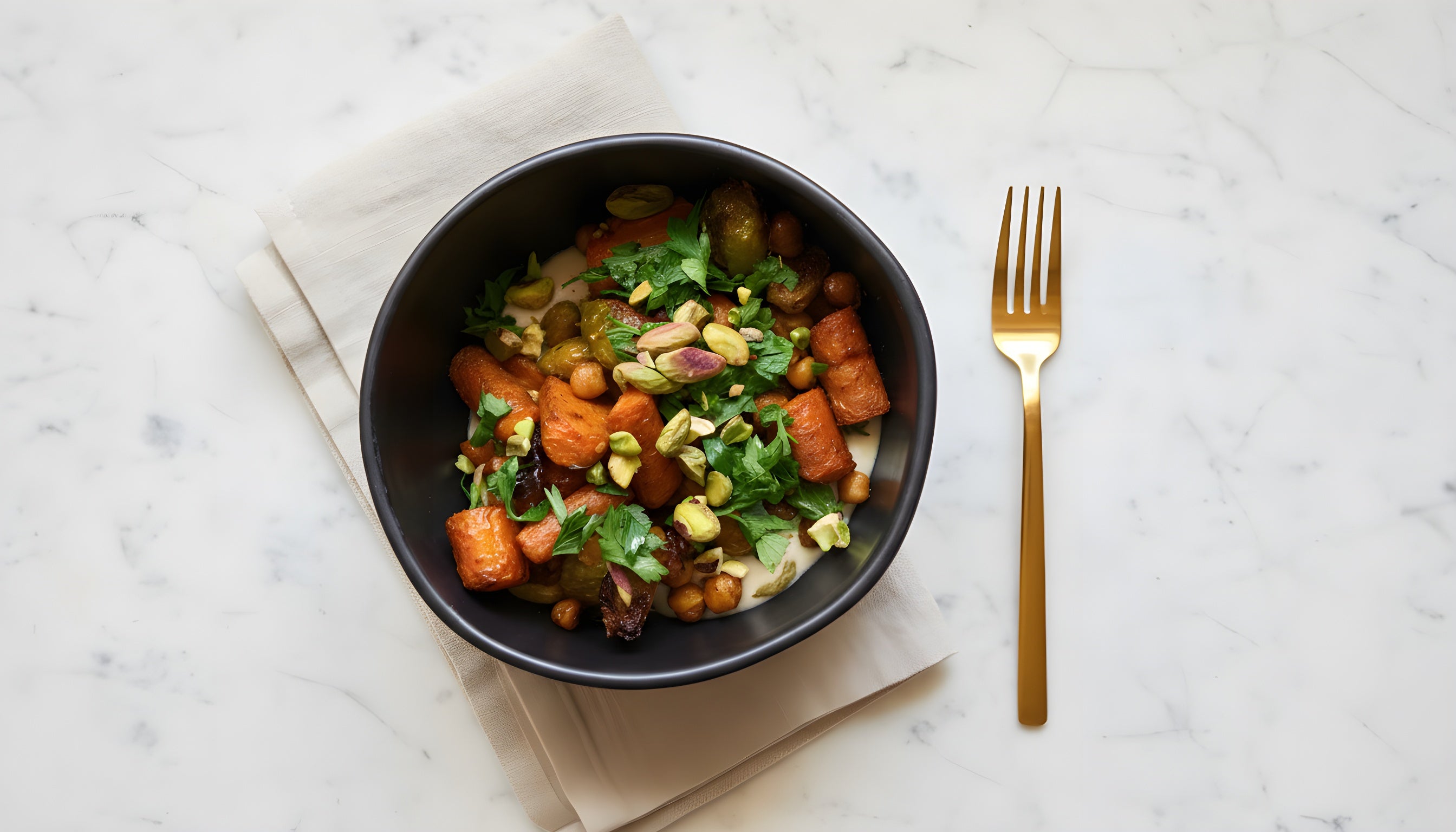Prior to Mara Labs and BrocElite, I helped start a gut supplement company with John Gildea and several other. A friend of mine recently asked me what suggestions I had for helping with gut issues. A few ideas came to mind. I suggested doing the following for 30 days:
1. Eat local or organic produce. Not all local produce is organic. But local produce is fresh which means it has more nutrients in it. Local produce is typically safer due to the built-in accountability of knowing the farmer vs. anonymity. Organic foods, by definition, are not genetically modified and cannot be sprayed with herbicides or pesticides. So, choosing local or organic labels when you’re at the store will be a bit more expensive, but will yield powerful dividends toward a healthy gut.
2. Take curcumin. You want regular curcumin, not the fancy like having kinds that have things added to increase absorption. If you're taking curcumin for your gut, you actually want curcumin to stay in the gut and not absorb into the body. This is because it is a powerful anti-inflammatory that downregulates the NFk-b pathway. Unfortunately, most supplement companies place additives and fillers into their capsules, so you really don’t know what you’re getting.
Our CurcElite has no additives or flow agents. It's the most bioavailible curcumin on the market, but it some curcumin stays in the gut to fight inflammation.
3. Take a break from gluten. Gluten causes leaky gut. It has the same mechanism of action as glyphosate. Unless you’re eating organic, the wheat products you eat can also have glyphosate even though wheat in not a GMO. Farmers in the northern-most climates use glyphosate to be able to harvest the crop sooner than normal in order to plant a second crop.

4. Eat Prebiotics. Prebiotics are foods that are not digestible by your body, but are eaten by your gut bacteria. Onions, garlic, leeks, artichoke, and dandelion greens all have these prebiotic fibers. That day, I ate garlic, onions and kale sautéed in coconut oil for lunch.
5. Take a break from dairy. This will be hard for many people. But most dairy has a protein called casein. Casein is bad because it is pro-inflammatory. So, if you’re trying to cut inflammation in your gut, then avoiding dairy will help. If you simply can’t stop dairy, ghee and goat cheese are okay. Ghee doesn’t have casein and goat cheese has a non-inflammatory type of the casein protein.
6. Eat anti-inflammatory foods. One of my “go to” foods is a smoothie loaded with cruciferous plants like broccoli sprouts or microgreens. The sulforaphane in cruciferous plants is a strong anti-inflammatory. Kale works well too. If you don’t have time to make a smoothie, supplementing with BrocElite is an easy alternative.
7. Take a break from conventional meats. Conventional (non-organic) meats are typically fed GMO corn. This means that the meats have trace amounts of glyphosate in them. Even these trace amounts can hurt your gut. These meats are also loaded with antibiotics. Trace antibiotics can also hurt your good gut bacteria. I told my friend that this may mean eating in for 30 days.
8. Take probiotics. Probiotics have good bacteria that your gut needs. I don’t regularly take probiotics, but when I do, I look for something with a 35 billion count of bacteria and 15 different types of bacteria per serving. Drinking kombucha an option. Kefir is also a is good option due to its high bacterial species count. I don’t recommend yogurt because it typically only has one or two different types of bacteria.
9. Stop NSAIDS. Ibuprofen is an NSAID. They are known to kill your microbiome, so stop taking them. CurcElite plus BrocElite together is a solid alternative.
10. Exercise. Physical activity throughout the day is super important. Take walks in the morning, at lunch, during a meeting, and at dinner. Get your heart rate up.
I'm sure there are more steps one can take to have a healthy gut. If you think of something I missed, please share it in the comments below!







0 Comment